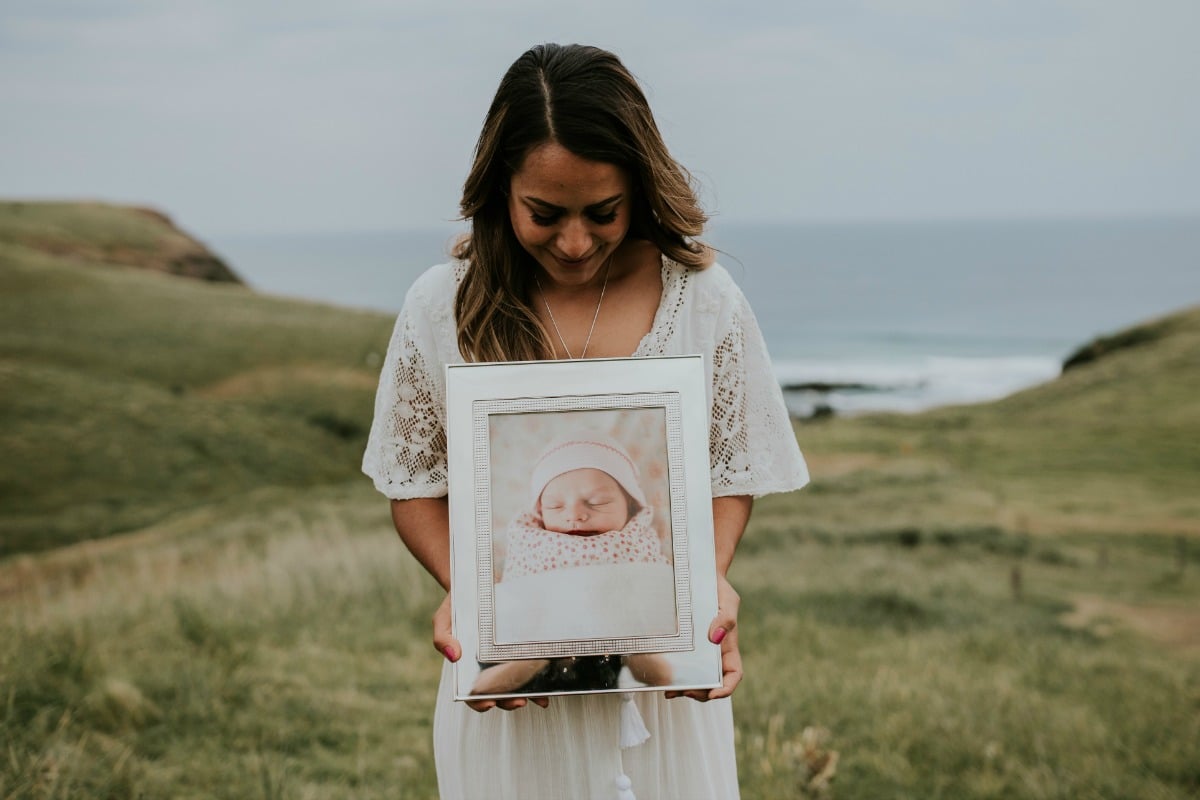
Two years ago my baby died of a rare brain condition known as Miller Dieker Syndrome.
Only two babies every year in Australia are diagnosed with this condition. I had a healthy pregnancy until an ultrasound at 36 weeks revealed a problem. It was the day my life changed forever. My husband and I were told we might have two years with our child, if we were lucky.
Devastatingly, we were robbed of even that. Lily died when she was just 10 months and 15 days old. Since then, I am a different person, I have different beliefs, a different outlook on life. I am still figuring out how to survive without my child.
One of the hardest things I have faced is the expectation from society to get over it. At least, to stop talking about it in public.
I remember a friend asking when I was going back to work, only a week after Lily died. I was shocked, my baby had been dead for just days and already there was an expectation to get on with life.
This question was just the beginning. Two years on I feel a definite sense that I should be ‘over it’.
‘Why does she keep going on about it? Do you think there is something wrong with her?’ I hear a lady I vaguely know, whisper loudly across the café. Her friend looks away awkwardly as I make eye contact.
I ignore it, because although it hurts, it is not a surprise anymore. There is an unspoken expectation within society that exists. That we, the grieving, should stop talking about our deceased. That there is something wrong with us if we don’t.
We see the little looks, the hushed voices. The judgement.
I know I am not alone in this feeling. I’ve had thousands of other baby loss mothers agree that they feel it.
